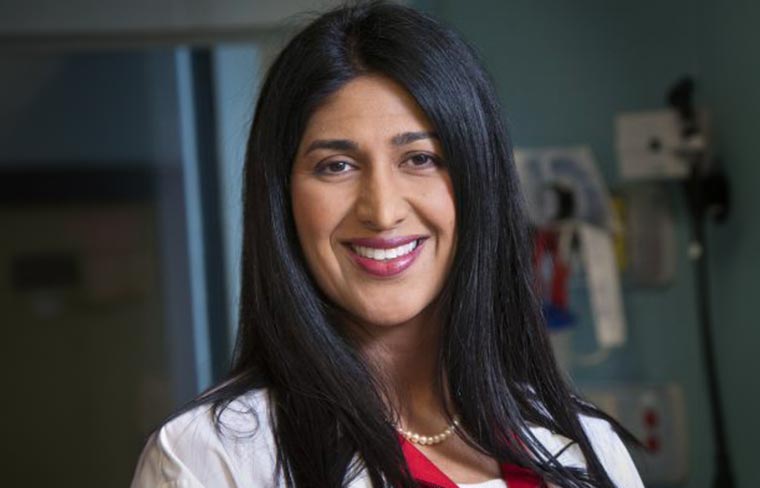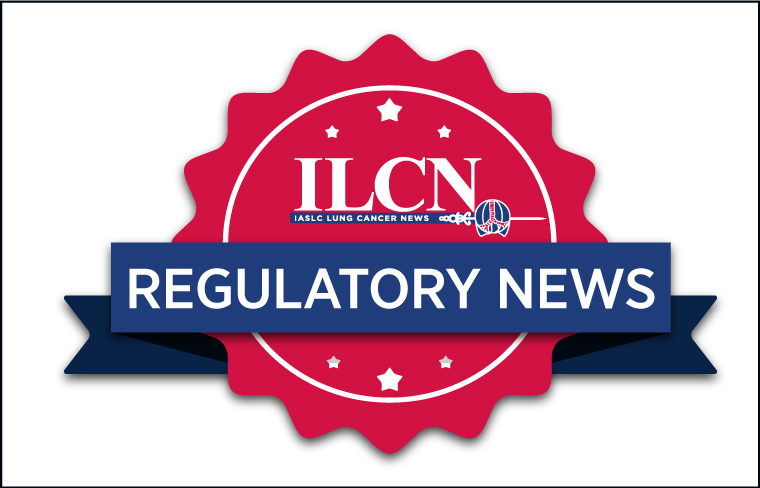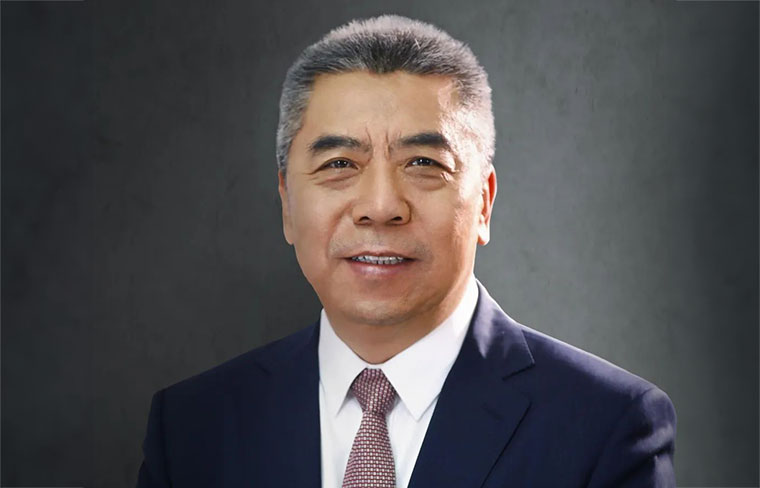-
Interim NADIM ADJUVANT Data Suggest Adjuvant Chemo-IO May Reduce Recurrence Risk in Patients Following Complete Resection
-
Final FLAURA2 OS Data Show Osimertinib Plus Chemo Offers Benefit Compared with Monotherapy
-
Potential Impact of GLP1-RAs on TKI-induced Weight Gain in Patients with NSCLC
-
No “Known” Risk Factors: The Health Consequences of Radiation Therapy
-
Discussion Covered Updates, Strategies, and Controversies in Lung Cancer Staging
-
No PFS, OS Benefit Seen in Final Results from PACIFIC-2
-
WCLC Attendees Hear Preview of Proposed Changes for the 9th Edition of the TNM Staging Classification for Thoracic Cancers
-
Treatment of Immunotherapy-Related Dermatologic Toxicities: An Interview with Dr. Mario Lacouture
-
A Holistic Approach to Patient Care
June 2024
-
CROWN Results Demonstrate Longest Progression-Free Survival in Advanced NSCLC Seen to Date
When presenting the data, Dr. Benjamin Solomon said first-line lorlatinib offers unprecedented improvement in outcomes for patients with advanced ALK+ non-small cell lung cancer.
-
Subcutaneous Amivantamab Leads to Unexpected OS Improvement vs. IV Dosing in Refractory, EGFR+ Advanced NSCLC
Dr. Natasha Leighl said the findings of PALOMA-3 show subcutaneous dosing offers other advantages, including reduced adverse events.
-
KRYSTAL-12 Supports Previous Evidence Showing Adagrasib is Superior to Docetaxel in Pretreated Advanced KRAS-mutated NSCLC
Dr. Tony Mok said the results of the phase III KRYSTAL-12 trial reinforce adagrasib as an effective second-line treatment option for this patient population.
-
Cytisine: A New Opportunity in the UK for the Treatment of Tobacco Dependency
Drs. Joelle Fathi and Matt Evision say cytisine more than doubles the chance of cessation and its expanding accessibility heralds a new era in the management of tobacco dependency.
-
Recently Reported Evidence Leads to Approvals for Alectinib, Osimertinib
The European Commission has approved adjuvant alectinib for ALK+ early-stage NSCLC while the US FDA has granted priority review for osimertinib for unresectable stage III EGFR+ NSCLC.
-
LAURA Trial Defines Role of EGFR-directed Therapy in Unresectable Stage III NSCLC
Primary results from the study, presented by Dr. Suresh Ramalingam, showed osimertinib offers a significant improvement in progression-free survival following chemoradiotherapy.
-
ADRIATIC Demonstrates Meaningful Improvements in OS, PFS in Patients with Limited-stage SCLC
As the first study to establish the role of immunotherapy in this setting, Dr. David R. Spigel says consolidation durvalumab will become the new standard of care for this population.
-
Patient Perspective: Exercise Prescriptions Needed for Lung Cancer Patients
Runner and patient advocate Angus Pratt says running three times a week may be the antithesis of what most people expect from a lung cancer patient, but not only is it possible, it is beneficial.
-
Glecirasib Shows Promise in Treating Advanced Lung Cancer Harboring KRAS G12C Mutations
With only 5% of patients stopping treatment due to treatment-related adverse events, lead author Yuankai Shi, MD, says glecirasib may help improve patient compliance with oral therapy.
-
US FDA Grants Accelerated Approval to Tarlatamab-dlle for Extensive-stage Small Cell Lung Cancer
The first-in-class immunotherapy offers a new option for SCLC patients with disease progression on or after platinum-based chemotherapy.















